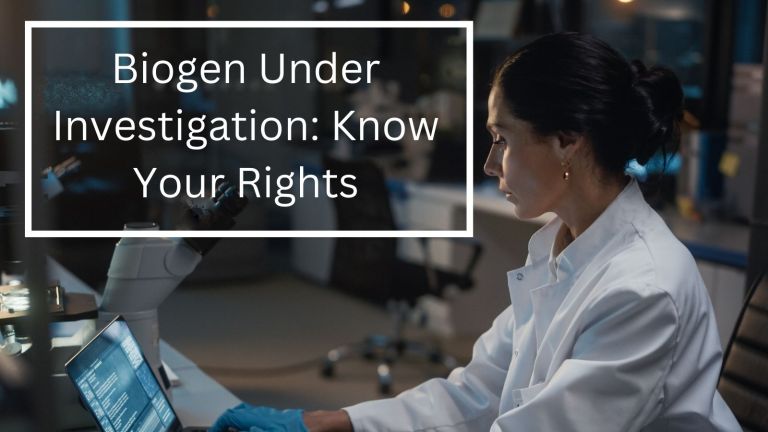The U.S. Securities and Exchange Commission (SEC) sent a clear message to Wall Street last week when it awarded an incredible $279 million to a whistleblower who reported legal violations that resulted in three separate enforcement actions.
The payout was the largest ever under the wildly successful SEC whistleblower rewards program and was more than double the previous highest payout. Here are a few things to know about the award itself and the SEC’s whistleblower program.
The SEC Whistleblower Rewards Program
The SEC whistleblower rewards program was introduced in the aftermath of the 2007 financial crisis with an aim to encourage people to report legal violations to government regulators. The program allows individuals to report legal violations to the SEC anonymously, and if their tip leads to a fine of over $1 million, the whistleblower is entitled to 10-30% of that fine as a reward. The programme has paid out over $1 billion to whistleblowers and the average payout is approximately $5 million.
Four Whistleblowers Competed For This Award, But Only One Got Paid
The award notice from the SEC noted that four whistleblowers applied for a reward, but only one whistleblower succeeded in convincing the Commission that they deserved a reward. While the order was heavily redacted, it shows that four whistleblowers originally applied for a reward after the SEC had posted a Notice of Covered Action, which is the legal trigger that allows whistleblowers to make their case for a reward. The SEC made a preliminary determination granting one whistleblower a reward, and denying the other three applicants. Out of the three rejected applicants, only two contested the preliminary determination, and it appears that the contest was vigorous in both cases.
One of the rejected applicants, referred to as Claimant 2 noted that after they had submitted their information to the SEC they also submitted it to the company. However, the SEC concluded that it had already opened an investigation before receiving Claimant 2’s information. In addition, the SEC noted that it was a presentation made by the Company itself which led to the opening of a formal investigation and not information provided by Claimant 2. Even though the Commission contacted Claimant 2’s counsel to discuss the allegations, the Commission stated that they provided no new information which was used in the investigation.
The other denied applicant, referred to as Claimant 3 made similar arguments, and even went so far as to allege that their tip had been misclassified by the SEC. Despite this, the order shows that Claimant 3 was still able to meet with investigating attorneys (and likely provided testimony) but the Commission denied that this information was of assistance in the investigation. Perhaps fatally, the order suggests that Claimant 3’s allegations simply weren’t related to the conduct that ultimately led to the enforcement actions.
The Award Relates to Three Separate Enforcement Actions
The SEC’s order shows that the information provided by the successful whistleblower helped not only the SEC bring an enforcement action, but that it also helped two other enforcement actions. The two additional actions were brought by another government agency (likely the Department of Justice) and this may explain why the award was so high. The information that the whistleblower provided likely assisted the authorities impose three separate fines on the company, which may explain why the award was so high.
The Whistleblower Did Not Start The Investigation
The order shows that the successful whistleblower provided their information after the Commission had already opened an investigation. However, the information allowed the Commission to expand the investigation, and the information also saved them time and resources. In addition, the order suggests that the whistleblower’s allegations only related to one aspect of the misconduct that the Commission charged. As a result, it is likely that the whistleblower did not receive the 30% maximum reward, and claimed something closer to 20%. This is interesting as it suggests that the fines that the SEC and other agencies obtained from the information were likely in excess of $1 billion.
Conclusion
This reward is important for a variety of reasons, but primarily because it shows how valuable whistleblowers can be in ongoing investigations. Whistleblowers do not have to ‘crack’ a case open in order to obtain a reward, they can qualify for a reward as long as they can provide substantial assistance to an ongoing investigation. In addition, the case suggests that whistleblowers should be cautious about when they report allegations internally. One of the denied claimants in this case reported to the SEC first and then reported internally. This likely precluded the whistleblower from claiming credit for self-reporting from the company, which appears to be an argument the whistleblower tried to make. Ultimately, the award marks the continued success of the SEC whistleblower program and will likely encourage more whistleblowers to come forward and speak up when it comes to serious legal violations.

















